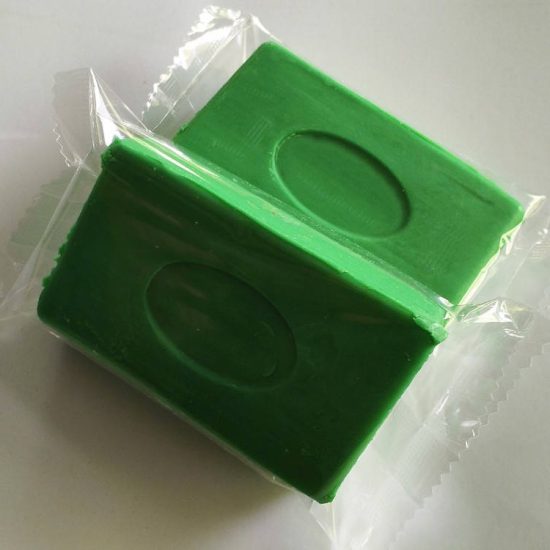Introduction:
Every day, we are bombarded with choices, and something as simple as selecting the right soap can become a dilemma. When it comes to handwashing and general hygiene, the decision between antibacterial and regular soap can be perplexing. In this article, we will explore the pros and cons of both options to help you decide which is better for your everyday use.
Antibacterial Soap: The Pros and Cons
Pros:
- Effective Bacterial Removal: Antibacterial soaps contain active ingredients like triclosan or triclocarban that can be more effective at eliminating bacteria than regular soap.
- Added Protection: In situations where you need extra protection against germs, such as healthcare settings or during flu season, antibacterial soap can provide an additional layer of defense.
Cons:
- Overuse Concerns: There’s a risk of overusing antibacterial soap, which can contribute to antibiotic resistance, a growing public health concern.
- Harsh on Skin: Some antibacterial soaps can be harsh and drying, leading to skin irritation and discomfort.
Regular Soap: The Pros and Cons
Pros:
- Gentle on Skin: Regular soap is typically milder and less likely to cause skin irritation, making it suitable for all skin types, including sensitive skin.
- Effective Cleaning: In most everyday situations, regular soap combined with proper handwashing techniques is sufficient to remove dirt and bacteria.
Cons:
- May Not Eliminate All Bacteria: While regular soap is effective, it may not eliminate all bacteria, which can be a concern in high-risk environments.
Expert Advice
Health experts generally recommend using regular soap for everyday handwashing. The key to effective hand hygiene is proper handwashing technique and thorough cleaning. Singing “Happy Birthday” twice while washing your hands with regular soap and water is a good rule of thumb to ensure you wash for at least 20 seconds, covering all areas of your hands.
Antibacterial soap is best reserved for situations where extra protection is needed, such as in healthcare settings or when dealing with potentially harmful bacteria. In these cases, it can be a valuable tool to help prevent the spread of infections.
Conclusion: What’s the Right Choice?
In the antibacterial vs. regular soap debate, the choice largely depends on your specific needs and preferences. For everyday use and maintaining healthy skin, regular soap is often the better choice due to its gentleness and effectiveness when used correctly. However, in special circumstances where extra protection is required, antibacterial soap can serve as a valuable tool. Ultimately, the most critical factor in maintaining good hand hygiene is proper handwashing technique and consistency, regardless of the type of soap you choose.


